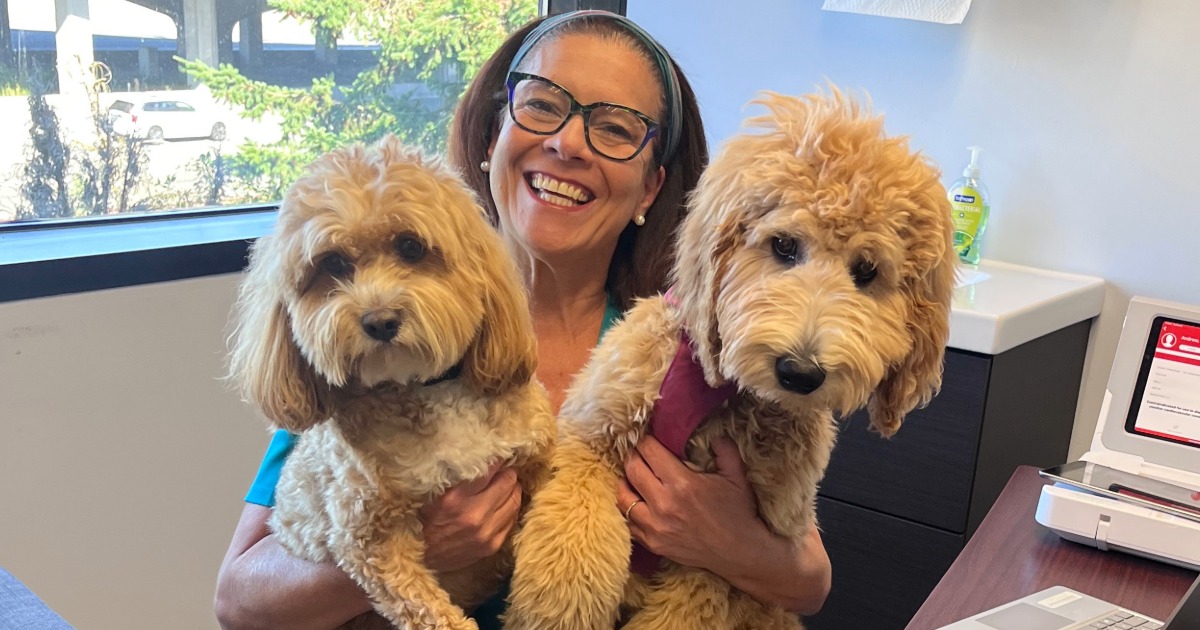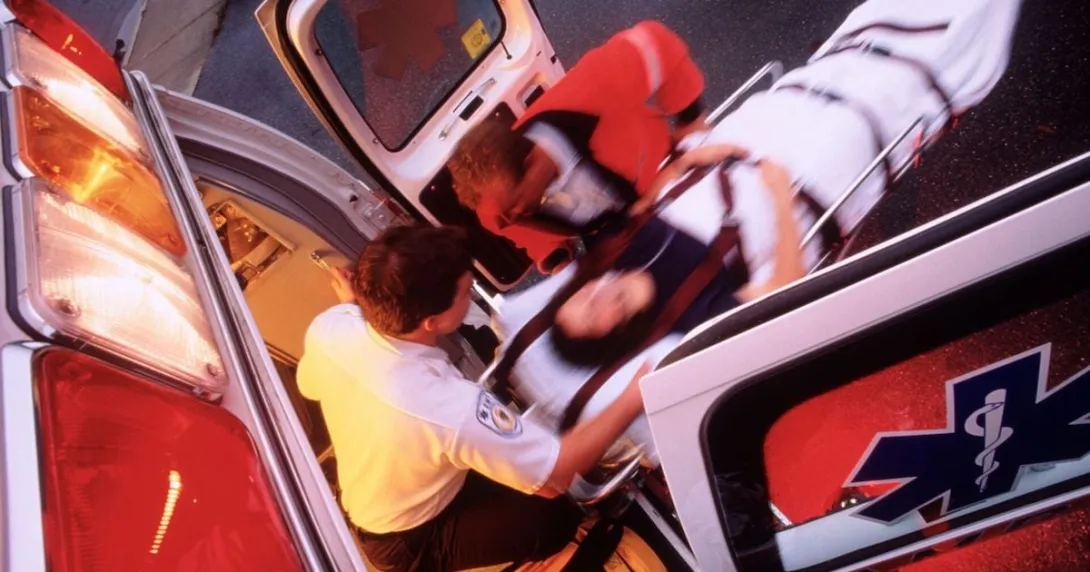Known for his rapid fire, entertaining talks on the condition of U.S. healthcare today, the famed cardiologist, innovator and director of the Scripps Translational Science Institute in La Jolla, Calif., paused to answer questions from the AHIMA audience at a separate session after his Monday morning presentation.
Q. What kind of response or resistance, or lack thereof are you hearing from physicians, from practitioners?
A: That's a great question. There's tremendous resistance, as you point out. And I even accuse my own community of it. First of all in the U.S., more than half of physicians are over age 50. So, we have a problem of not being in touch with the digital movement, which is inevitable. Every other part of our lives is in touch except this one. Medical students and young physicians in training they really understand. How do we get the rest of the older crowd on board. I think it's going to happen because, first of all, there's more consumer power than ever before, with social networks and what not. Also, we're in a time of economic crisis, and it's across the board. It's affecting doctors and health systems and all the public. So that in a way is forcing innovation – basically to innovate out of a mess. You have large employers, some of them who are spending millions a year for coverage of their employees, and they're fed up, and they know there are better ways to practice medicine – much more efficient, to eradicate some of the waste. I do think the forces are there.
Q. I'm the mother of a 14-year-old. How will medicine be different for her than it was for me?
A: Well, she's very lucky because things are going to be so radically different. She will be in charge as opposed to the way anyone today is so dependent on the medical system. And she'll have all the data, whether it's coming through watches or other wearables or phone and mobile devices, to work with. She'll have her genome sequenced, if she hasn't already. So she'll know years before that she's going to potentially be a risk for a particular condition and so move to preempting illness. We talk about preventive medicine, but it's all largely been impossible. So, she will experience medicine as a data science, and she will be not just engaged – that word is not enough, or activating – she will be driving. She will be relying on doctors but in a different way. 'Here's all my data. This is what I think. What do you think?' This paternalism of physicians and the medical profession is not going to be possible any longer.
[See also: Eric Topol, MD, answers AT&T call.]
Q: My early career was spent as a data analyst for hospitals. When we bring it back to how we make money in healthcare today, I keep seeing huge change in the business model. I was curious as to your thoughts about that.
A: The business model, of all things, is profoundly rebooted because it was giving people the same mass screening, the same medicine, and now we have – precision medicine, as it's called, individualized, And that is part of the across-the-board shakeup. And, there wasn't anything in this about the Affordable Care Act, but that is the potential from the innovators' side that we have to work with going forward. It is tremendously exciting, but it is profoundly challenging, particularly in this country. You go outside the U.S., and you go to places like Brazil, India and China, and other places, for example, they have adopted handheld ultrasound in exponentially greater numbers, per doctor and per capita, than in the U.S. So we're stuck in a lot of the dumbed down things that we do.
Q: When you were showing all the different devices, the thought from an IT perspective is 'my goodness, do we need a different app for each device?' All I could envision was the lack of interoperability.
A: What I'm thinking and envisioning is it's all about the individual. They have their own personal cloud, and all their data is in it. And they don't really care about the Tower of Babel out there, as long as they have all their data. People don't care how many people are working on all these apps, whether its iOS or Android or whatever, as long as they have their data and it's processed to the hilt and done well. And if they can get it anytime they want, and they also can get it integrated or coalesced somehow with their official medical information, then it's OK.
[See also: Topol talks healthcare's digital future.]
Q: We have such a lack of data and information. How do you see ICD-10 playing with all that data and information?
A: I don't really know how that's going to play out. I think the intricacies of all the informatics is absurd. The fact that we have an ICD-9 code for hurt by a turkey. I like to keep things simple. I don't know if it's going to help or hurt us. To me this codification stuff is somewhat problematic.


